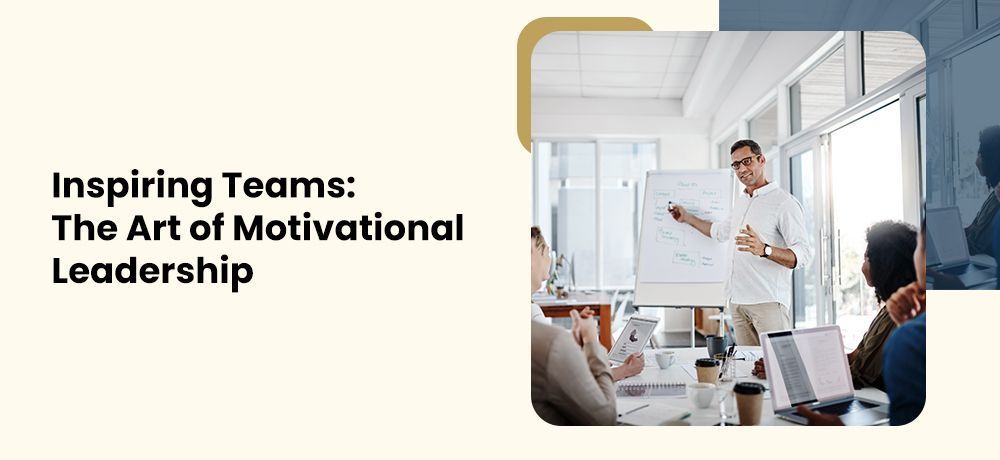Blog

The 1-3-1 Method personifies a solution-oriented mindset essential for leaders in organizations. Whether you're a Founder, CEO, or an Executive, encouraging middle management leaders and teams to adopt the 1-3-1 method can revolutionize problem-solving dynamics within your team and across your organization.

In the world of leadership, having a clear vision and setting specific goals and objectives play a pivotal role in driving success for both individuals and organizations. A well-defined vision serves as a guiding light, inspiring and motivating team members to work collectively toward a common purpose. This blog post will delve into real-life scenarios and relevant statistics to demonstrate the transformative power of vision setting and how it can propel teams toward remarkable achievements.

















